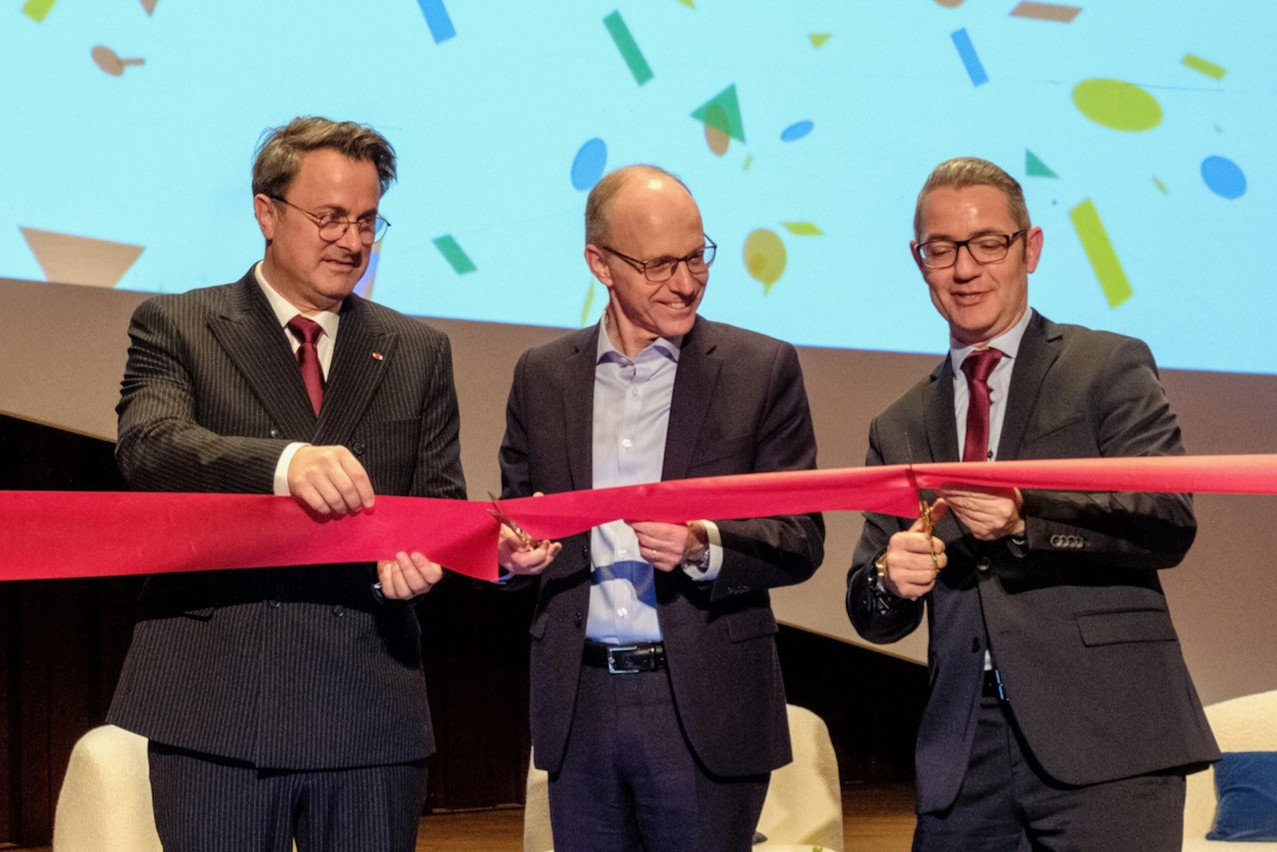“We’re ready!” declares Anthony Cirot, Google Cloud vice president for the EMEA South, adding: “depending on needs and developments, particularly in artificial intelligence, where there are tons of announcements every day, every week.”
“The subject of Bissen should be seen as one of anticipation,” he continues. “The day we need it, we’ll be ready. There’s no announcement saying that a data centre will be built in Bissen on such and such a day, at such and such a time, on such and such a date. But we will do it when we decide to do it.”
At a time when the “natural” production of data is exploding and the government is preparing to publish its strategies on artificial intelligence and data, the question of where to operate and store it takes on a particular meaning. And with time running out, Google is also continuing to improve its technologies.
Setting up a data centre in the country is one thing. It reassures us that the data will be located here. But is that enough for Luxembourg in terms of sovereignty?
“Technological change is important,” says Cirot. “We don’t want to cannibalise what we do with Clarence. Clarence is a platform that is already available. We also need to look at issues of sovereignty, because setting up a data centre in the country is one thing. It reassures us that the data will be located there. But is that enough for Luxembourg in terms of sovereignty? That’s a question we need to ask ourselves.”
“We already have data centres available not very far away,” he continues, “whether in Belgium, Paris or Germany. That’s why we’re looking at the economic equation of all these subjects and we’re also looking at how things dedicated to AI have an impact on the type of data centre we should deploy, and again with all the sovereignty issues that arise at the time!”
Responding to criticisms--in Luxembourg and elsewhere--of the technology’s energy usage and the need for water to cool data infrastructures, the Google Cloud vice president reiterates his strategy: “We have strong commitments to the sustainable aspects of our business. Since 2017, we have been committed to offsetting all our consumption with renewable energy and we are keeping to the 2030 target, almost the day after tomorrow, of being 100% zero-emission on our data centres. That’s a firm commitment.”
Without criticising those who criticise, he says he can “understand the fears, the urban legends and the criticisms, but once again, 2030 is the day after tomorrow. If we were to move forward on data centre issues in Luxembourg, we could guarantee that we are 100% decarbonised, and there are factual and technical answers to demonstrate this.”
This article in French.
